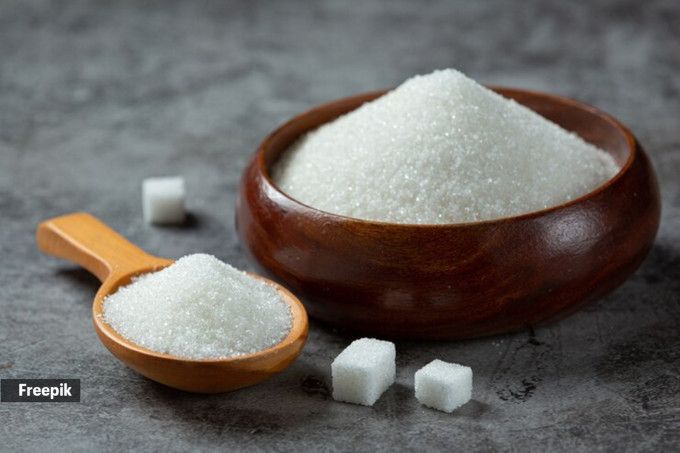Even home-made foods can be unhealthy, according to ICMR; here’s what you should keep in mind
Home-cooked meals are often seen as a healthier option compared to eating out. However, according to the latest dietary guidelines by the Indian Council of Medical Research (ICMR), these meals can still be unhealthy if they are made with too much fat, sugar, or salt.
It mentions, “Even home-made foods may become unhealthy if prepared with high fat, high sugar or salt.”

How can home-cooked food become unhealthy?
High fat foods and high sugar foods, the guidlines state, are energy dense (high calorie foods and poor in vitamins, minerals and fibre. “Regular consumption of these foods not only causes overweight and obesity but also deprives one from taking healthy foods that provide essential macronutrients (amino acids and fats), fibre and micronutrients such as vitamins, minerals, phytonutrients, bio-active substances (sic).”
It’s important to be aware of our cooking habits to ensure we’re preparing nutritious meals. Ipsita Chakraborty, senior nutritionist at Hungry Koala says there are a few mistakes people in India make while cooking. “Essential fatty acids are necessary for good health, but using vegetable oil can increase the intake of harmful fats, which should be limited. Traditional cooking methods like deep-frying or using oil-based tadka often have a negative impact as well.”
Surprisingly, besides sweets, she adds that some significant sources of sugar consumption are the food products we buy from stores. Items like juices and cereals, often considered healthy, can also be high in sugar.
Indian food is particularly known for its excessive use of salt. Chakraborty agrees that many people rely on table salt for both spice and flavour, which leads to increased sodium intake.
 Significant sources of sugar consumption are the food products that we buy from stores. (Source: Freepik)
Significant sources of sugar consumption are the food products that we buy from stores. (Source: Freepik)
Specific health risks associated with consuming meals high in fat, sugar, and salt
Consuming too many saturated and trans fats, according to Chakraborty, beyond the recommended amounts can negatively affect the body, leading to the replacement of HDL (high-density lipoprotein) with LDL (low-density lipoprotein).
“This increases the risk of ischemic strokes and heart diseases. Excessive sugar intake is believed to be a major factor in obesity and type 2 diabetes, both of which are linked to significant weight gain,” she states. Consuming such foods can also cause oral defects and other issues like abnormal blood sugar levels.
Long-term consumption of a high-salt diet can raise blood pressure beyond healthy levels, particularly in individuals with hypertension, which is a leading cause of heart attacks, strokes, and kidney failure.
Practical tips and substitutions for home cooks to reduce fat, sugar, and salt
Chakraborty recommends practicing healthier types of cooking like grilling, roasting or steaming. “Consider using less fat protein alternatives, and use oil that is good for your heart, such as olive oil and avocado oil.”
Take into account the natural sweetness of fruits and vegetables. Include them in curries or sweets to balance the sweet taste. Remember, you can use natural alternatives to sugar, such as honey or jaggery, but use them cautiously.
Furthermore, she suggests experimenting with different recipes and taking advantage of the variety of herbs and spices available. “There are many ways to flavour your meals without using a lot of salt. If possible, use low-sodium substitutes like salsa, but use them in moderation.”
Disclaimer: The copyright of this article belongs to the original author. Reposting this article is solely for the purpose of information dissemination and does not constitute any investment advice. If there is any infringement, please contact us immediately. We will make corrections or deletions as necessary. Thank you.
